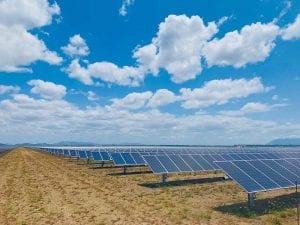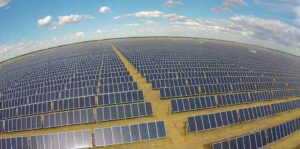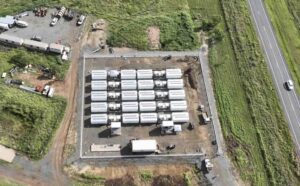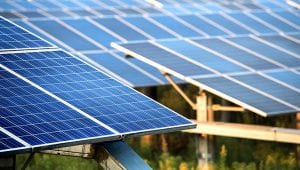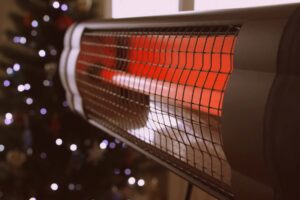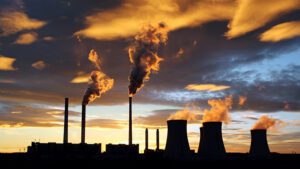American technology megalith Microsoft announced on Monday a massive 12GW US-made solar module supply agreement with South Korean solar manufacturer Qcells.
Building on a previously announced 2.5GW module supply and engineering, procurement and construction (EPC) services agreement signed in January 2023, Qcells will supply Microsoft with 12GW of solar modules and EPC services over an 8-year period.
Equivalent to powering more than 1.8 million homes annually, the solar modules will be produced in the United States at a fully integrated solar supply chain factory in Cartersville, Georgia, which Qcells also announced in early January 2023.
Qcells expects to be the only company in the United States to establish a fully integrated, silicon-based solar supply chain from raw material to finished solar panel, highlighting once again the value of the incentives made available to local manufacturers in the Inflation Reduction Act (IRA), which was passed in 2022.
“We are pleased to be a part of such a substantial commitment that will accelerate the global shift to renewable energy solutions,” said Justin Lee, CEO of Qcells.
“Qcells is uniquely positioned to ally with Microsoft towards creating a clean, sustainable future because of our investment in building an American-made solar supply chain.
“We look forward to expanding renewable energy frontiers together today and tomorrow.”
The announcement also demonstrates Microsoft’s continued commitment to investing in renewable energy, including a commitment to cover 100% of its electricity consumption with renewable energy by 2025. Part of the company’s efforts to become carbon negative, water positive, and zero waste by 2030, Microsoft and Qcells are aiming to bring an estimated 1.5GW of solar panels a year to projects Microsoft has contracted through 2032.
“Our expanded agreement with Qcells is designed to drive large-scale domestic production of solar modules essential to advancing a resilient U.S. supply chain and clean energy economy,” said Bobby Hollis, vice president or Energy at Microsoft.
“Through long-term agreements like this we are signalling Microsoft’s demand and bringing more renewable energy to the grid, faster.”
The expanded strategic alliance between Qcells and Microsoft is yet another win for the IRA, a bill passed in 2022 primarily designed to invest in clean energy but which was renamed the Inflation Reduction Act to secure support from Democratic senator from West Virginia, Joe Manchin.
Since being signed into law, the IRA has driven millions of dollars’ worth of clean energy investment with a focus on building local manufacturing capacity. Specifically, after only 12 months, the Biden administration claimed that the IRA had created more than 170,000 clean energy jobs, while companies had responded by announcing over $US110 billion in clean energy manufacturing investments.


